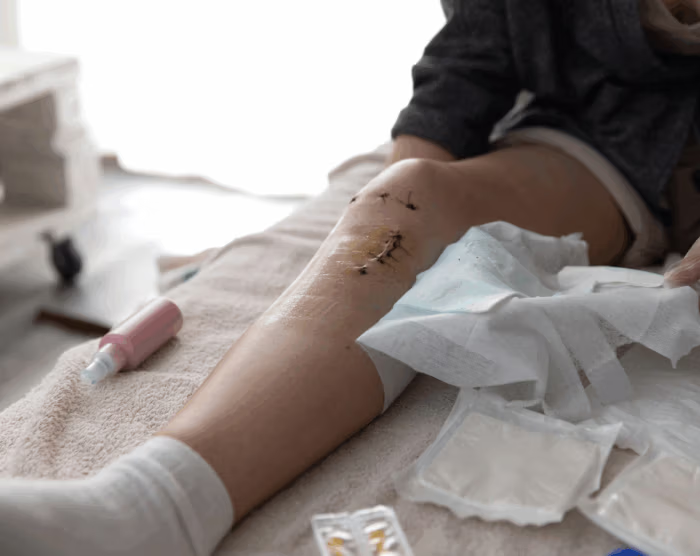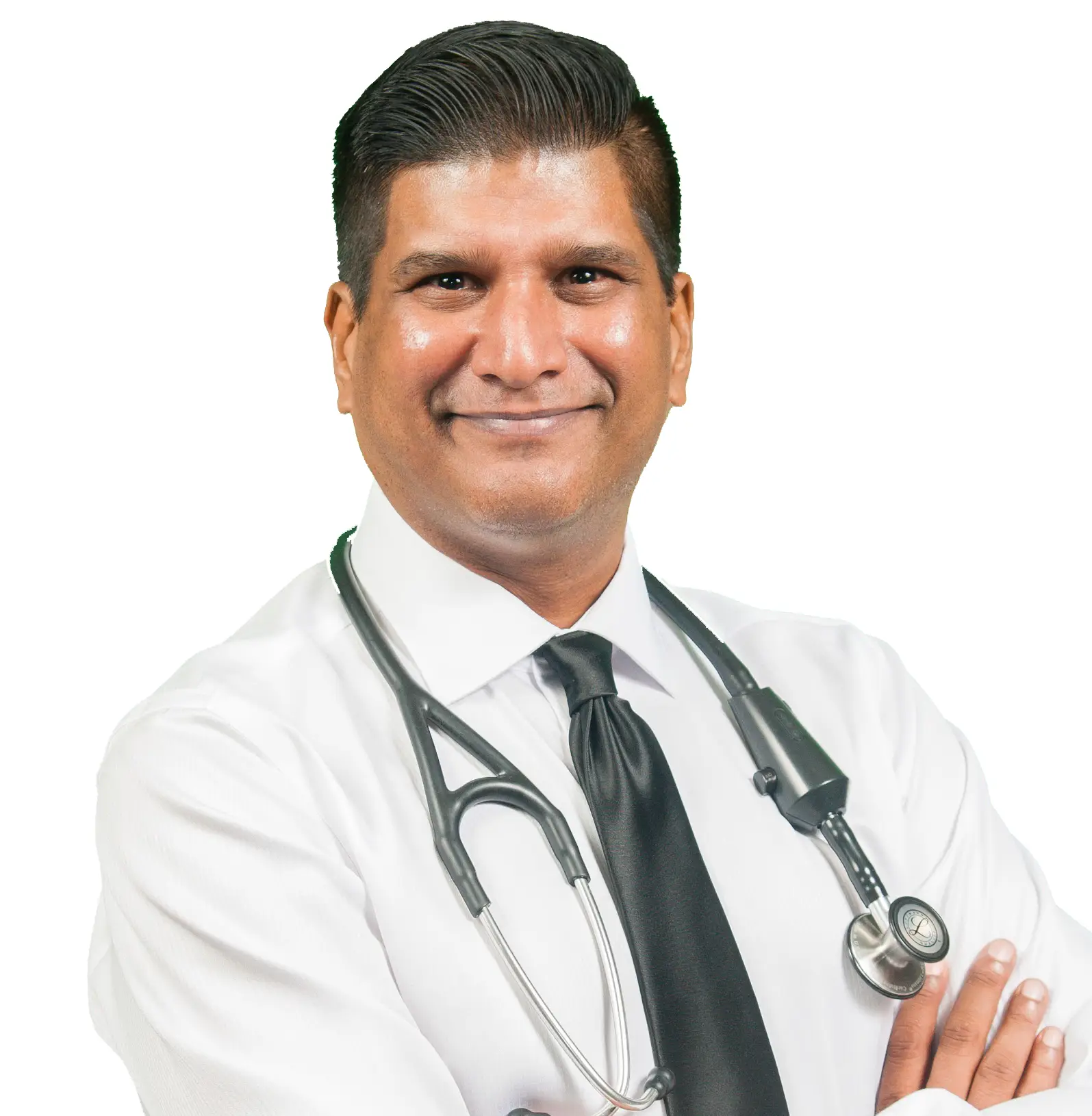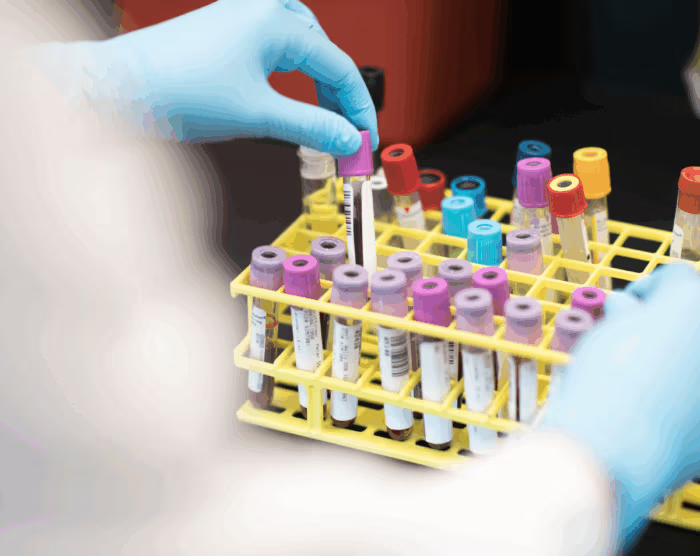
They often walk out with discharge instructions, a list of medications, and follow-up appointments scheduled weeks later. However, once they return home, they face recovery alone — often confused, overwhelmed, or unsure of what to watch for.
That’s exactly why I believe post-surgical recovery house calls must be part of modern patient care. We’re not talking about reviving an outdated tradition; we’re talking about stepping up for our patients when they need us most.
Even with comprehensive discharge planning, it’s no secret that post-op patients are prone to complications. Infections, medication errors, poor wound care, and unmanaged pain are just a few issues that can spiral into readmissions.
Although we provide thorough instructions, many patients feel overwhelmed, especially within the first 72 hours after surgery. Family members, while well-meaning, may not be equipped to monitor recovery effectively.
However, when a medical professional steps into the patient’s home, we can catch problems early, reinforce instructions, and adjust care in real time.
First and foremost, house calls allow us to see the patient in their own environment. Instead of relying solely on patient-reported symptoms or photos sent over a portal, we can assess wound sites, vital signs, mobility, and home safety firsthand.
Moreover, in-person visits foster a level of trust and reassurance that virtual care, while helpful, can’t always replicate. Patients are more likely to share concerns or symptoms they may have brushed off otherwise.
Additionally, because house calls are inherently patient-centered, they remove common barriers like transportation issues, mobility limitations, and scheduling conflicts. This is especially critical for elderly patients or those recovering from orthopedic or abdominal surgeries.
Post-surgical house call care isn’t about replacing the surgeon or primary provider; it’s about complementing your care plan. We collaborate directly with referring physicians, ensuring seamless communication and shared decision-making.
Whether it’s monitoring wound healing, managing drains, adjusting pain medications, or providing IV hydration, we function as an extension of your post-op care.
Furthermore, by staying closely aligned with your team, we help protect against complications that could reflect poorly on outcomes or lead to costly readmissions.
- In-home wound care and dressing changes
- Medication management and compliance checks
- Post-operative vital sign monitoring
- IV hydration and nutritional support when needed
- Early detection of complications
- Coordination with primary surgeons and specialists
By delivering these services in the home, we offer peace of mind to both patients and providers; not to mention improving recovery timelines.
We’ve all seen patients who fall through the cracks despite our best efforts. However, when post-surgical care includes personalized house calls, patients feel more supported, better educated, and less anxious about their recovery.
Moreover, complications are often caught and addressed before they escalate; reducing ER visits, hospital readmissions, and overall healthcare costs.
Not only does this model make sense clinically, but it also aligns with the value-based care approach that’s reshaping modern medicine.
As a fellow physician, I understand how hard you work to ensure your patients’ success. That’s why I see our post-surgical house call services as an extension of your commitment; a way to safeguard your patients’ health after they leave your care.
When we bring recovery services into the home, we aren’t just checking boxes. We’re building a true continuum of care that wraps around the patient and supports the entire healthcare team.
If you’re interested in collaborating or referring patients for post-op recovery services, I’d welcome the opportunity to connect. Together, we can make sure no patient has to navigate the critical recovery phase alone.
📞 To discuss post-operative collaboration or referral partnerships, call (480) 331-2699
🌐 www.desertmobilemedical.com




